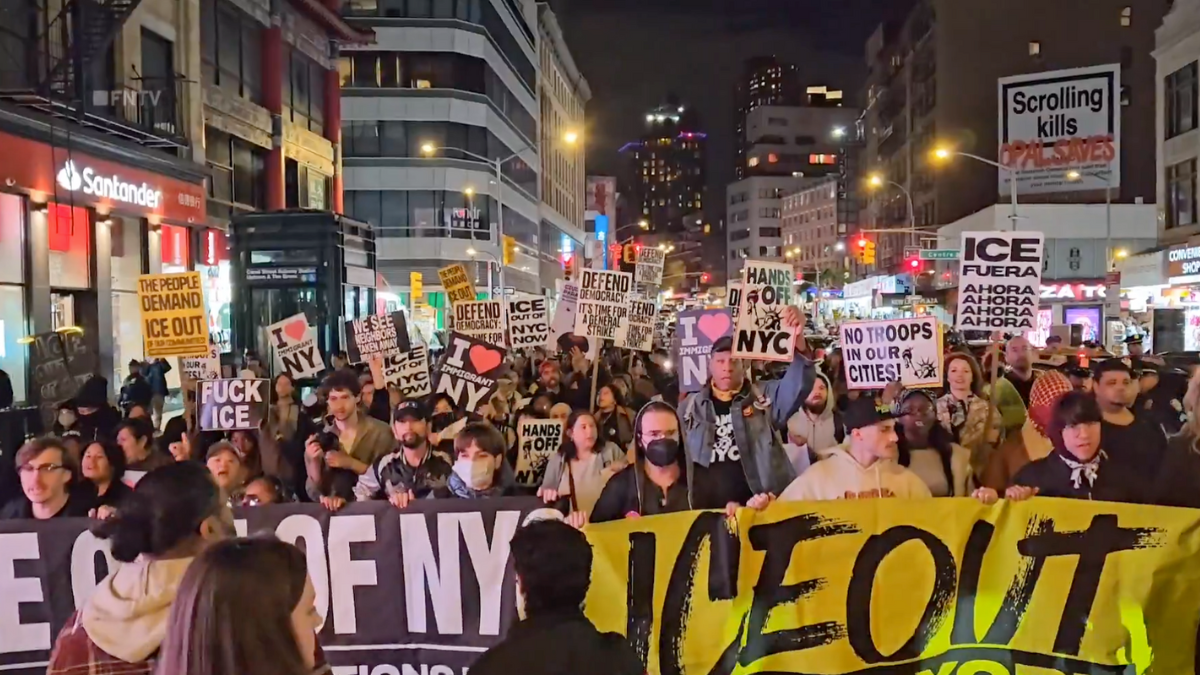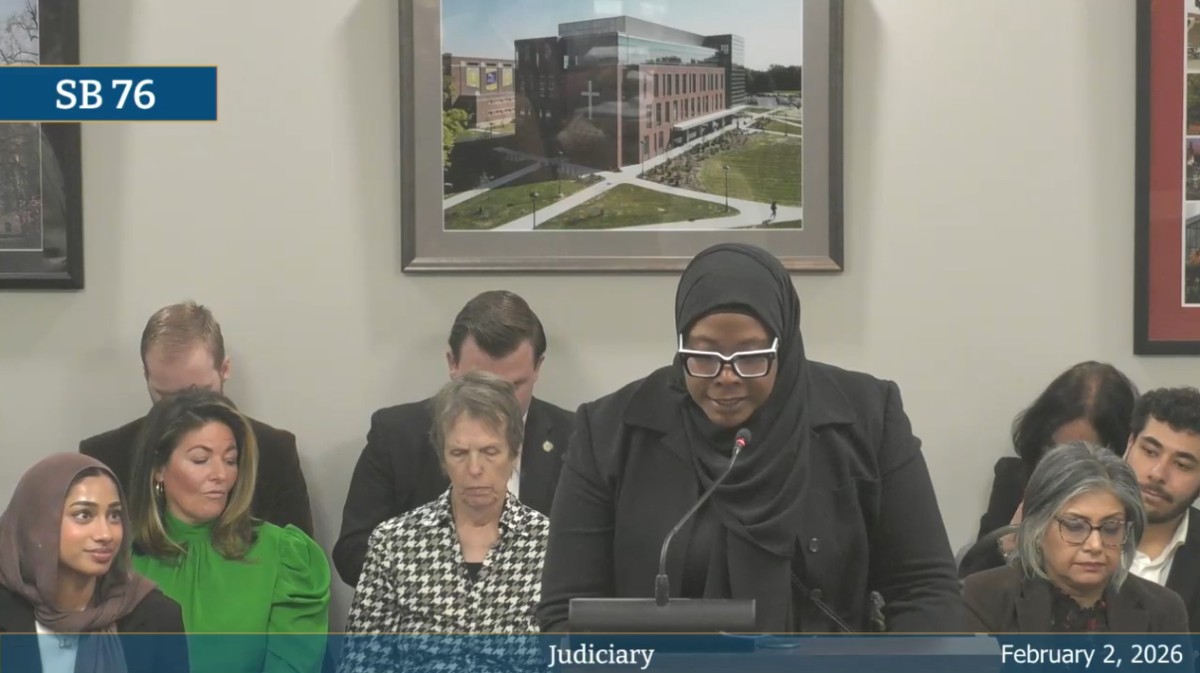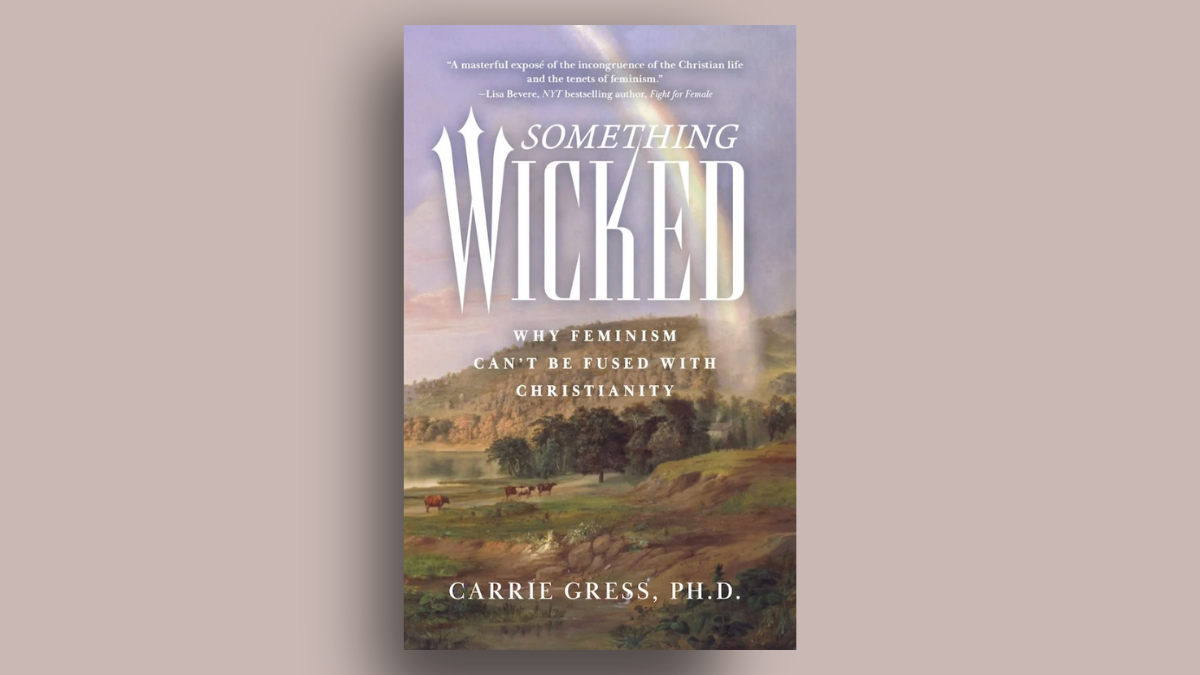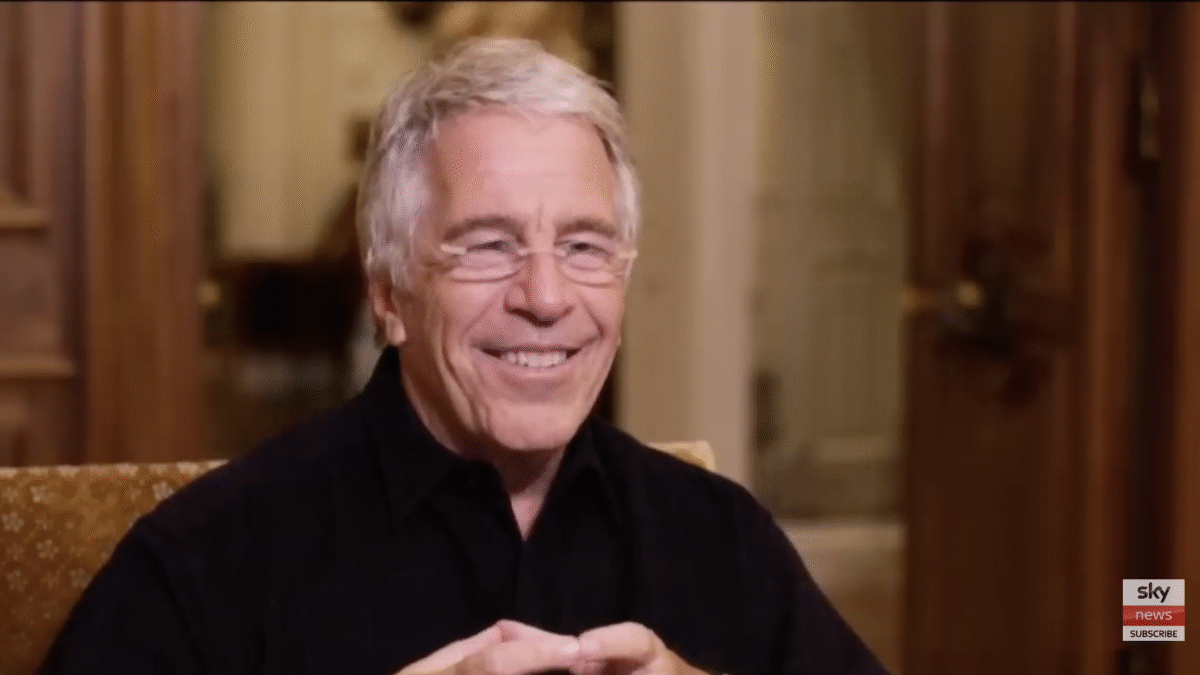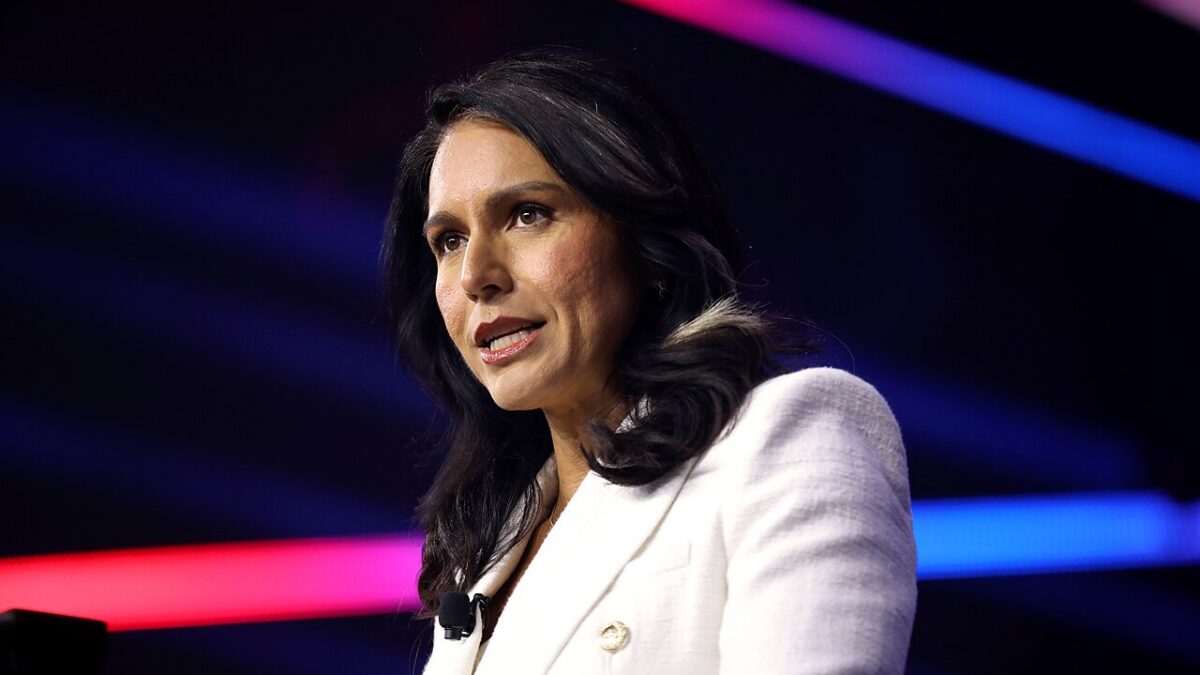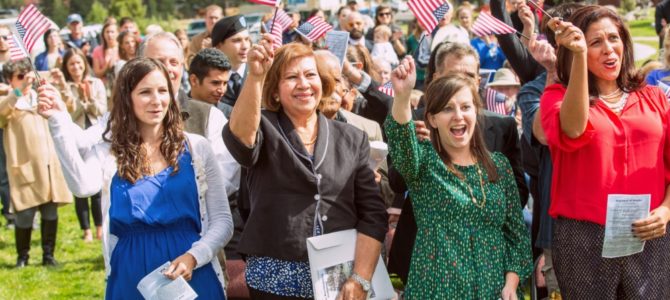
Can Washington discuss immigration without devolving into a debate about racism? If we lay down our Twitter weapons, perhaps we could discuss what kind of immigration we need.
Should we allow anyone, from anywhere, to come here at any time? Amid the political establishment’s promotion of all immigration as virtuous and their relentless attacks on all things traditional or patriotic, we can demand something better: An immigration system that is good for America and requires that the immigrants we admit want to be Americans.
Immigration has long nourished our country. Our parents were immigrants, like those rooting nearly every American family tree, and we support legal immigration. Yet we also believe we ought to lock our national doors at night, not because we hate the people on the outside, but because we love the people on the inside.
We want to protect the nation we are blessed to share. Immigration is essential nourishment for our country but can be healthy or unhealthy, like nourishment for the body. We cannot consume all we want, whenever we want, without limit or discretion.
The most valuable resource on the planet is not mined underground, harvested from our oceans, or grown on the earth’s surface. It is the human resource, people, and America needs an immigration strategy that competes for those who make us stronger. Even as global population growth slows, and some advanced nations like Japan and Italy struggle to hold steady, French President Emmanuel Macron and Canadian Prime Minister Justin Trudeau have tried to compete with America for scientists and technology workers.
Despite what conservatives hear on talk radio, our country may soon need to hang “help wanted” signs on our border, seeking a new generation of immigrants to refresh it. The trick is to make sure they contribute to, not erode, the America that attracts them. New American or old, we should all be required to support the freedoms and culture that light our gates.
In a speech before the Civil War, the radical preacher Theodore Parker popularized “The American Idea.” Parker’s recipe combined three ingredients: all people are created equal, all possess unalienable rights, and all Americans should have the opportunity to develop them. An abolitionist, Parker believed in one inspired American culture, supported by all Americans, open to all Americans.
We’re getting pretty good at the “open to all” component. Most would agree diversity, equality, and an open society are pretty darn “American.” However, we have nearly erased “one shared American culture” from our equation — and when there is nothing to which we all belong, diversity becomes division. Openness, without a uniting culture, becomes chaos.
Europe is learning this lesson the hard way. Europe’s countries are defined by geographic boundaries, but they risk losing their identity as nations united by an idea, culture, or language. They have erased borders to travel and the idea of national currencies and ceded control over immigration. European Union bureaucrats and elites seemingly do not even acknowledge the legitimacy of the debate societies need to have on whom to admit and what to require of immigrants, inviting the Brexit backlash.
In “The Triple Package,” Yale University professors Amy Chua and Ben Rubenfeld note the American Dream is not dead. Economic mobility lives; you just need to know where to look.
The authors argue that as Nigerians, Asians, Jews, Indians, and Cubans have immigrated, they have soared up the economic ladder because their cultures share three traits: Confidence in their abilities, fear they won’t reach their potential, and discipline to work hard and defer gratification for long-term success.
These are the qualities the American left disdains. They insist no one is better than anyone, that failure should be rewarded with self-esteem instead of shame, and there is no delight beyond the pleasures of the present. Our immigration policy should not be based on nationality. Rather, we should reward those individuals, whatever their ethnicity, that renew America’s “Triple Package.”
Liberals emphasize “Pluribus,” diversity, as our nation’s cardinal virtue, while conservatives remind us of the need for “Unum,” unity. Neither is right alone. Out of many, America must still make one. We need to be more the melting pot, and less the politically correct salad bowl.
Our immigration policy should not be based on religious creed, but we should insist immigrants commit to our civic religion. We must require newcomers to adopt English as our common language and embrace an ethos of self-sufficiency. We must require a commitment to the rule of law, protection of minority rights, equality in opportunity and before the law, not outcomes, and individual autonomy, not an unlimited government.
Immigration without assimilation is simply invasion. The road away from assimilation leads to cultural segregation and then, to the division and destruction of the society that attracts immigrants today.
Once we agree the American identity is worth preserving and build an immigration system that nourishes it, Americans will embrace opening our doors to more of those who can contribute to it. Until we do, Americans will see open borders, unlimited immigration, and diversity as corrosion, dissolution, and threats to our shared identity.



